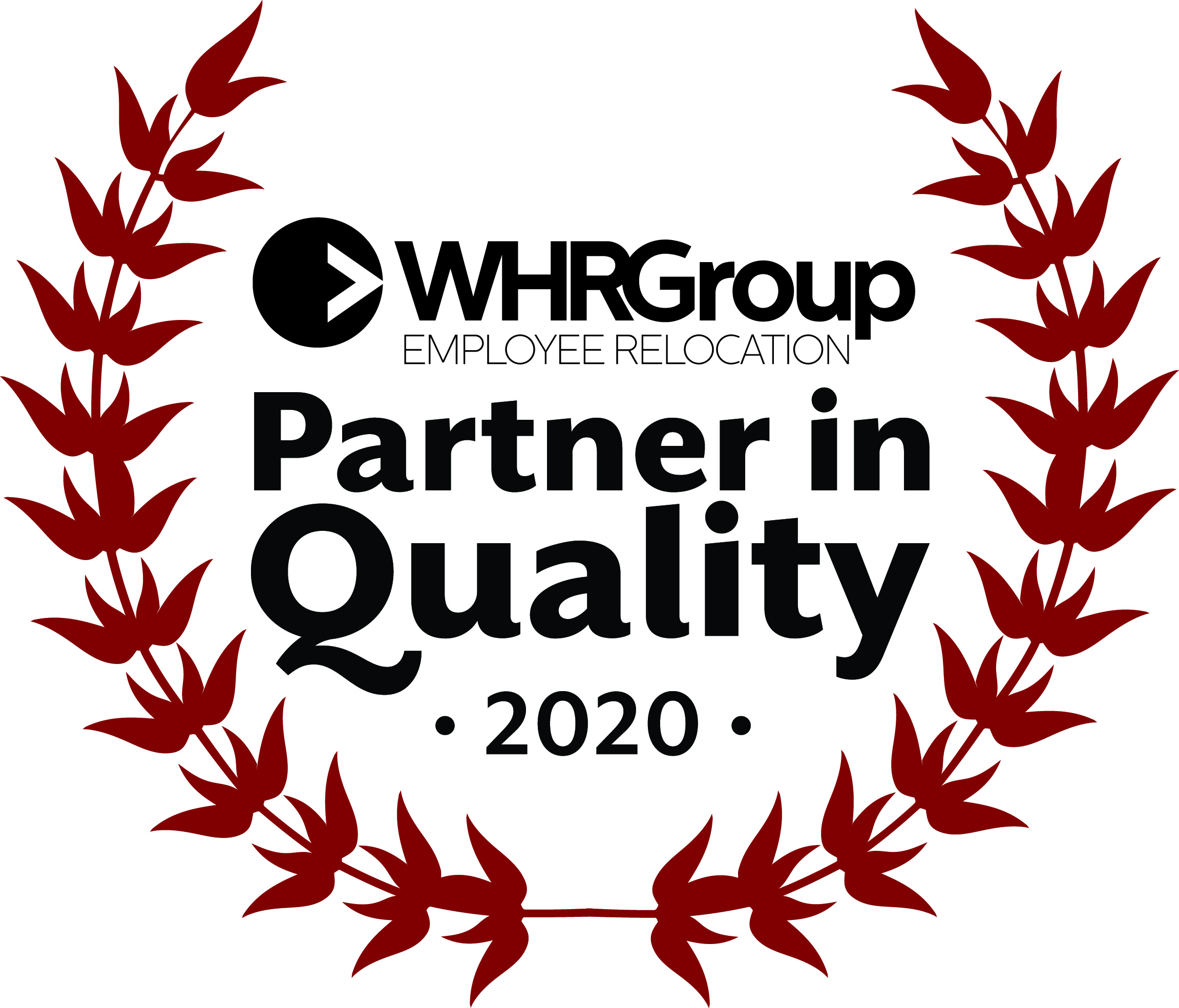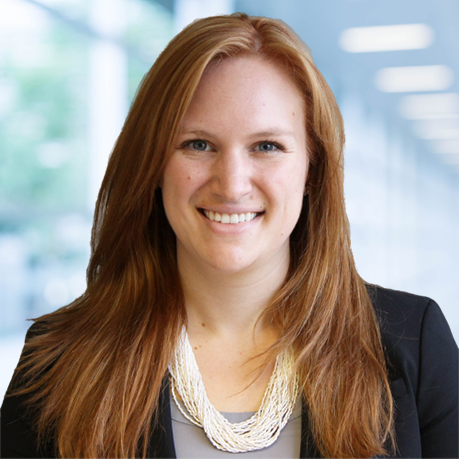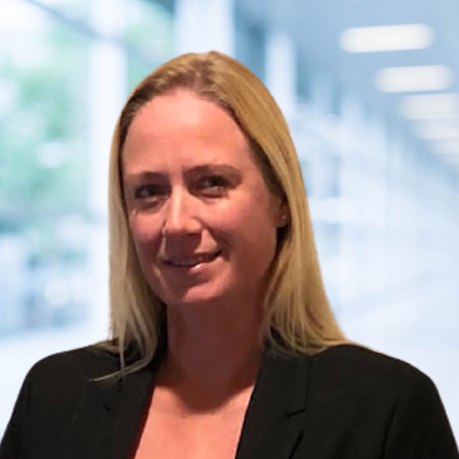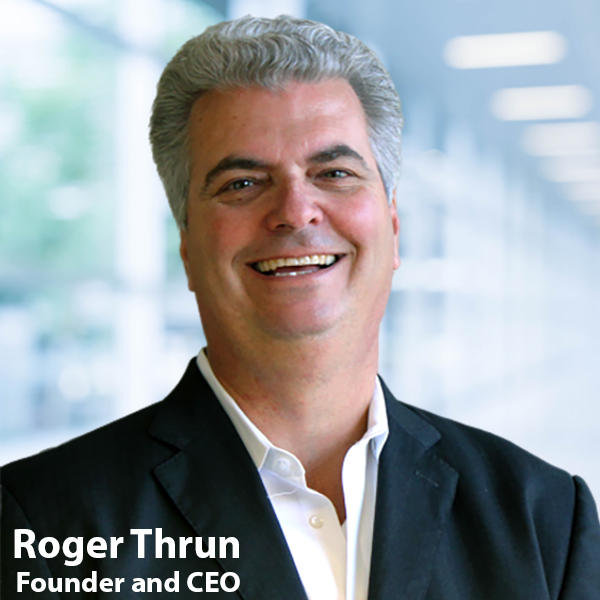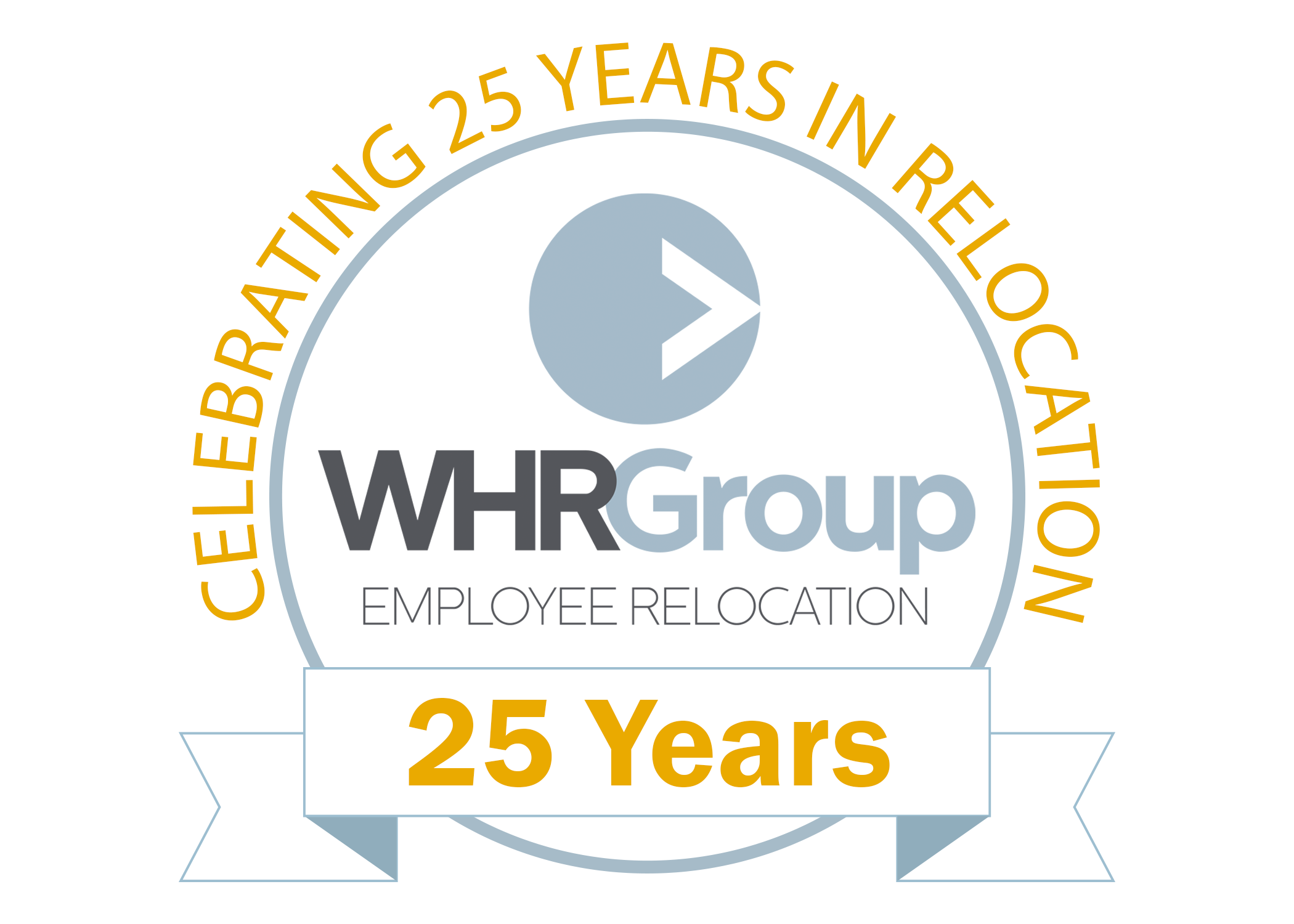Donations to St. Marcus School
St. Marcus School, founded in 1872, is the largest urban Lutheran school in the U.S. “What makes St. Marcus so unique,” says Superintendent Henry Tyson, “is demonstrated by our exceptional results in a place that’s proven tough to get good results.” The government does not give enough financial support to deliver an exceptional education to each child, explains Tyson, but WHR’s philanthropic contributions have helped to bridge that gap. “Access to great education in a city where a great education is hard to find is transformational,” says Tyson.
The school, with two campuses just four blocks apart, is located in a predominantly low-income, inner-city neighborhood with a vision of working to ensure that every family has access to high-quality education in the city of Milwaukee. Its 2019-2020 State Report Card received five stars, meaning “significantly exceeds expectations.” Few schools in the inner city and even fewer that are low income and predominantly African American receive this type of State Report Card, explains Tyson. St. Marcus follows graduates for eight years and reports a 90% high school graduation rate.
WHR’s employees also participate in the St. Marcus Christmas Angels program. “Lots of our families are on tight budgets, and they cannot always bless and celebrate their children during the holidays with presents, and that can be upsetting. WHR has stepped in and said, ‘we will give and share what we have with people who have a lot less,’” says Tyson. Tyson believes the City of Milwaukee and our country have significant segregation. “It’s so beneficial for employees of WHR to meet and interact with our families, since it creates bridges. Anytime you can build bridges, it’s transformational for the students and their families.” WHR is a suburban company west of Milwaukee, Wis.
WHR Founder and Owner, Roger Thrun, who is originally from Chicago and raised lower middle class, reflects on WHR’s philanthropic efforts with both St. Marcus and Mayo Clinic. “It doesn’t matter what color someone’s skin is, all that matters is that our money and efforts are going to great causes and that we can help someone,” says Thrun. “I feel fortunate that WHR is able to help people in other communities and I can see tangible results from our philanthropic efforts. I know that St. Marcus School is influencing and shaping kids to be successful for the rest of their lives.” A cancer survivor himself, Thrun understands how important it is to receive good healthcare. “I also know that on any given day, someone is getting a personalized cancer plan that WHR paid for through our research funding program. This program saves lives.”
Funding Cancer Research at Mayo Clinic
Mayo Clinic’s Hepatobiliary and Pancreas Surgeon, Surgical Oncologist, Dr. Mark J. Truty’s, M.D., M.S., revolutionary research practice has found a proven way to help pancreatic cancer patients who have been told elsewhere that they are out of options. “There is such a stigma associated with pancreatic cancer,” says Truty. With the standard level of care, the survival rate is 5% after 5 years, dependent on the cancer Stage, explains Truty. His research practice has found a way to significantly increase those survival odds, giving patients much more time to enjoy their lives – even for some patients who have been told their cancer was inoperable. “WHR’s generous philanthropic contributions have made a massive impact and help to keep my program alive,” says Truty. The contributions have also drawn attention to Truty’s program. Many researchers are clamoring for support but having a benefactor like WHR points a finger at the program and makes it easier. “Lots of medical research is going into discovery, but I want to see something translational,” says Truty, who explains his research directly helps patients now.
Pancreatic cancer treatment is typically done serially. One drug is used, and if that doesn’t work, a second drug is tried. “The clock is ticking and time is lost with this method of treatment,” says Truty. His approach addresses the problem quite differently. A patient is given personalized chemotherapy treatments that have already been proven in Truty’s research lab to provide a high probability of effectiveness for that individual in shrinking the tumor before surgery. “The standard level of care is not good enough, we need to give patients something exceptional,” says Truty. He is grateful for WHR’s support saying, “WHR’s owner Roger Thrun understands there’s something more important than just running a successful business, Roger understands the importance of giving back.”
“Yes, we buy real estate, yes, we help transferees find movers, but when you boil it down, we’re just helping people. Dr. Truty of Mayo Clinic and Henry Tyson of St. Marcus School are truly making a difference in people’s lives. Dr. Truty is saving lives and St. Marcus School is influencing kids who are already at a serious disadvantage and providing them with a positive launching pad for the rest of their lives,” says Thrun. Thrun is grateful for all his employees and clients. He is proud WHR is still going strong 25 years later and able to make such a positive impact in other communities.
About WHR Group Inc.
WHR Group Inc. (WHR) is a privately owned, client-driven global relocation management company distinguished by its best-in-class service delivery and cutting-edge, proprietary technology. WHR has offices in Pewaukee, Wis. (global headquarters), Zurich, Switzerland, and Singapore. With its 100% client retention rate for the past decade, WHR continues to position itself as the trusted provider in employee relocation. To learn more about WHR, visit https://www.whrg.com, or follow @WHRGroup on LinkedIn, Twitter and Facebook.
